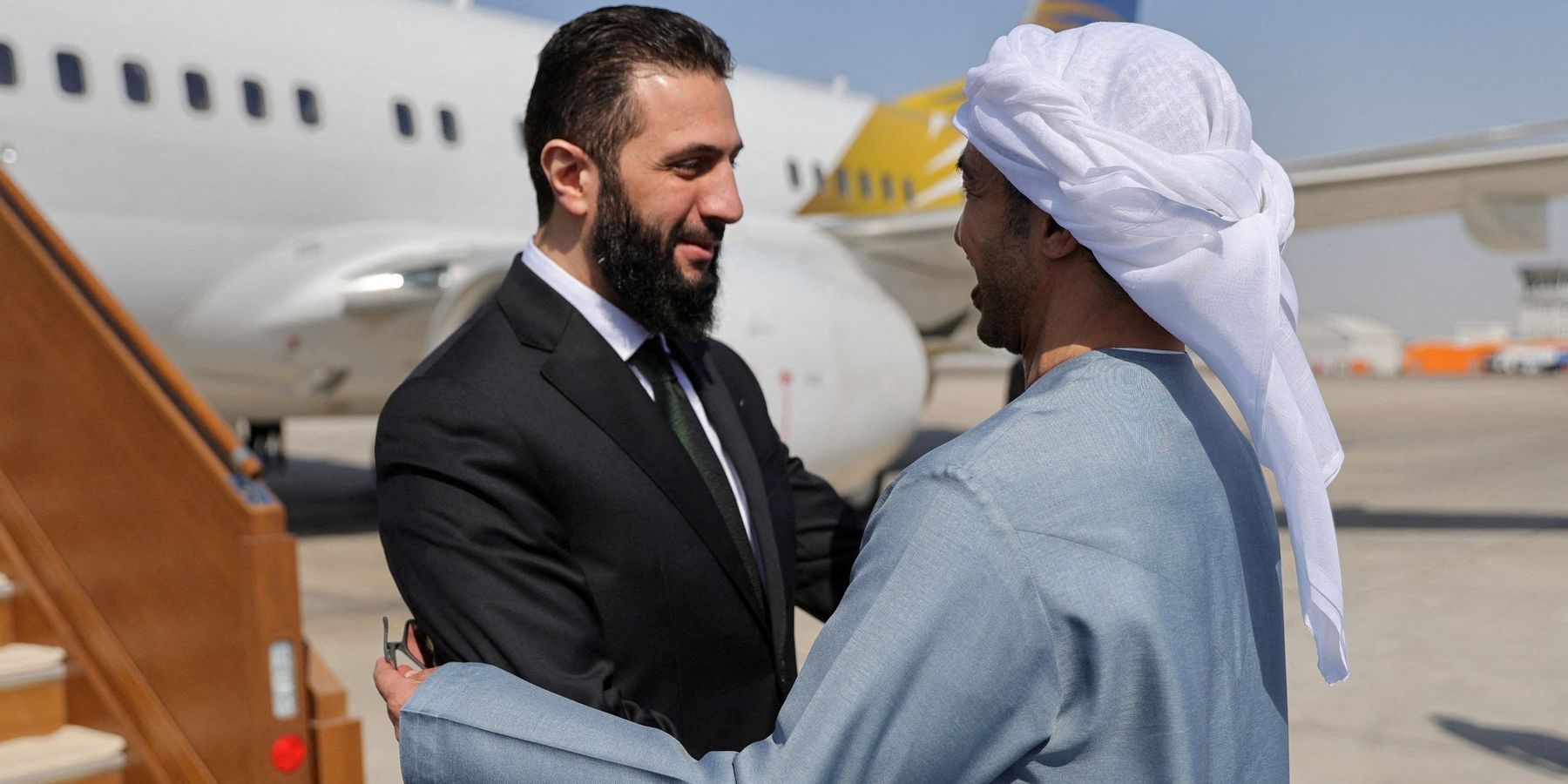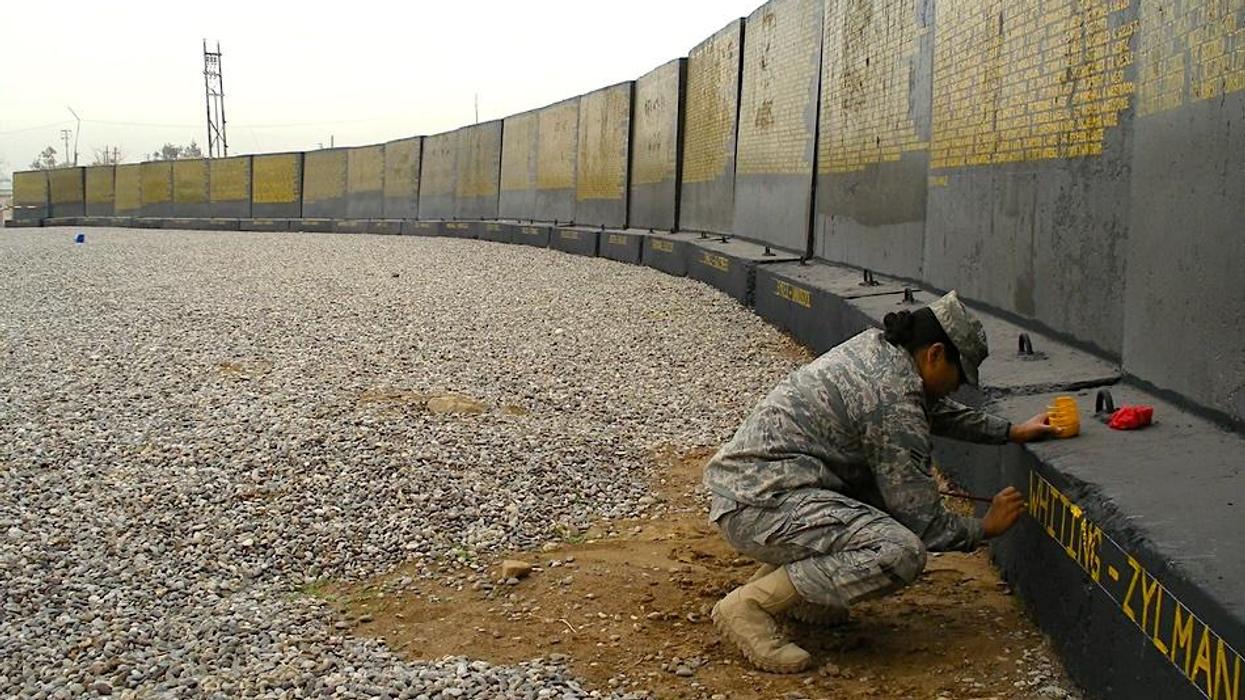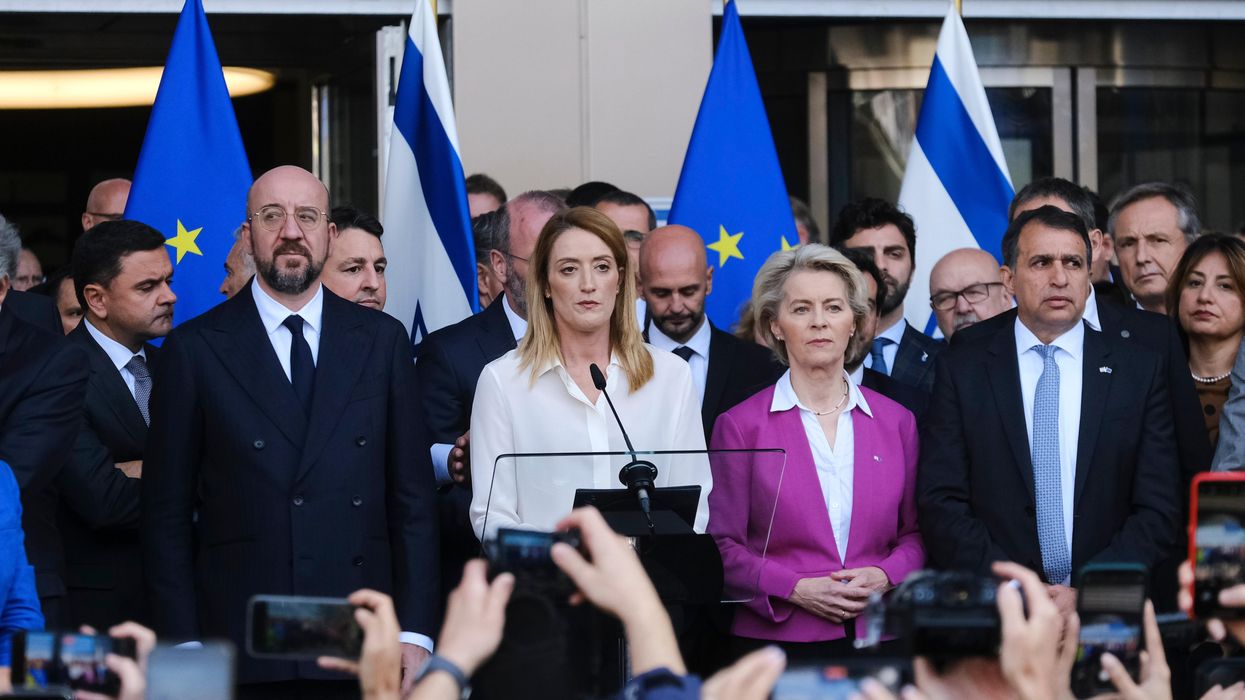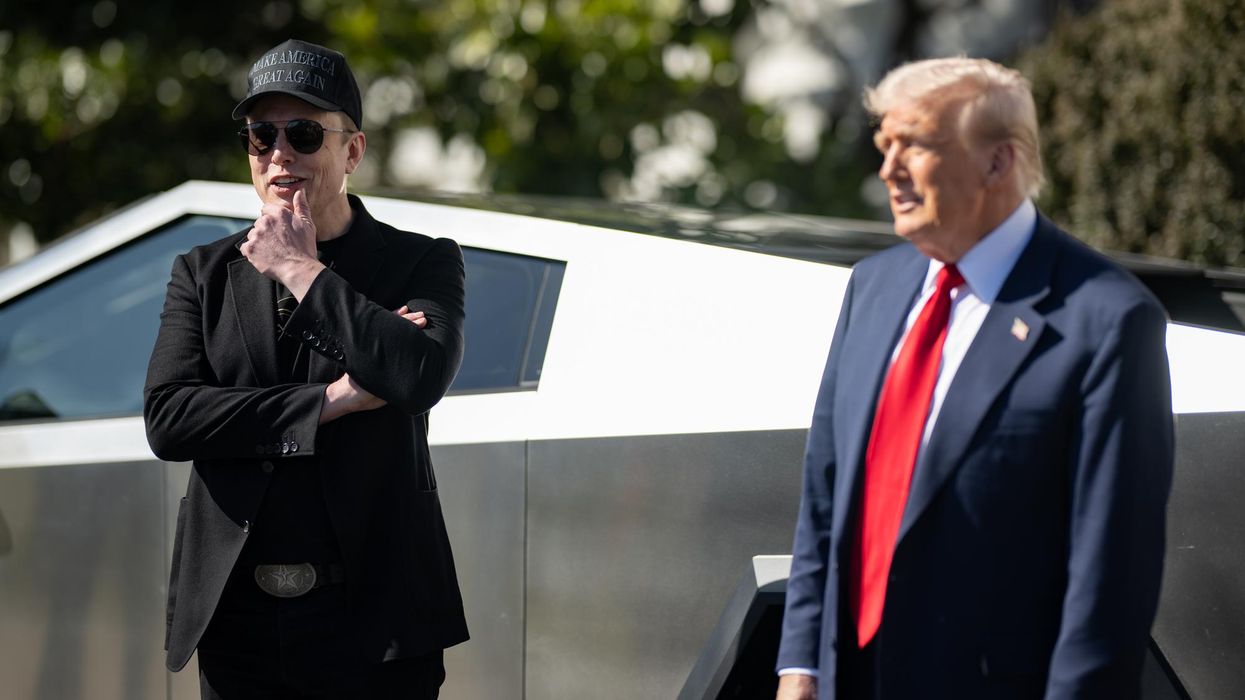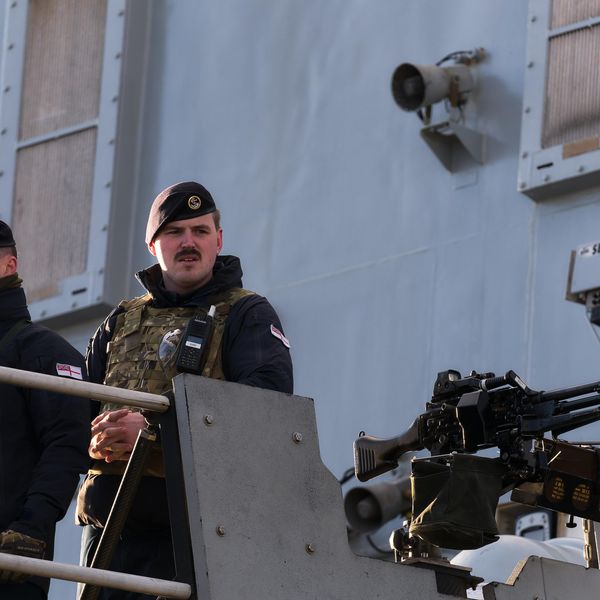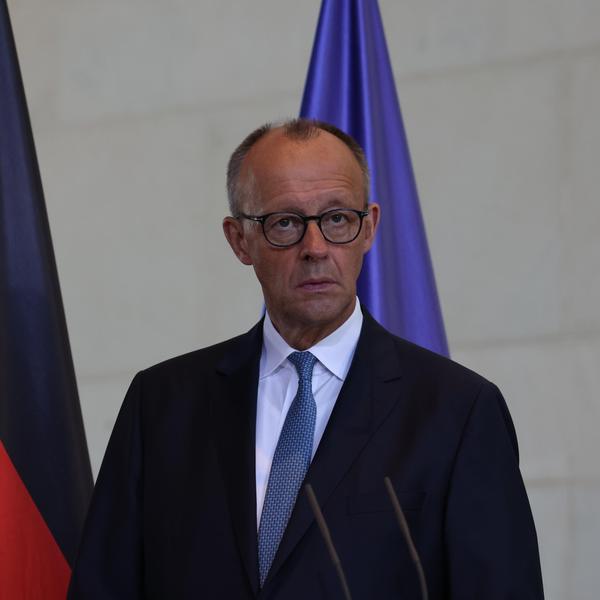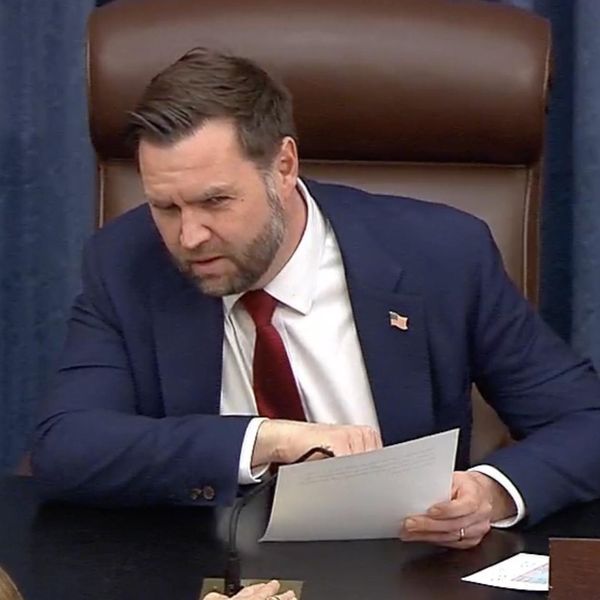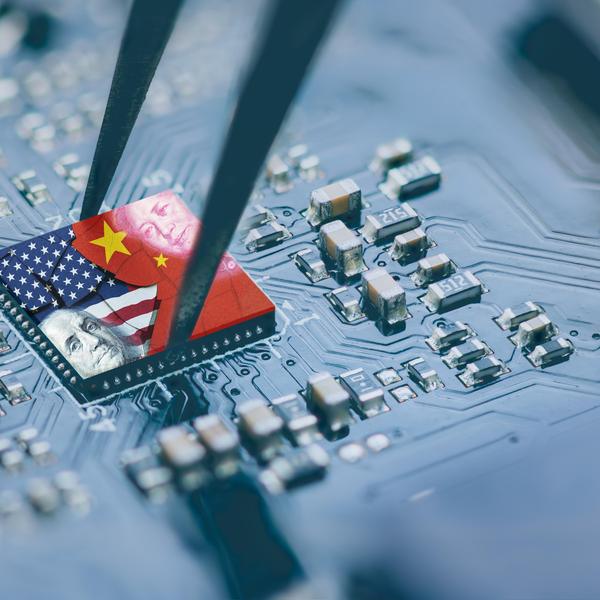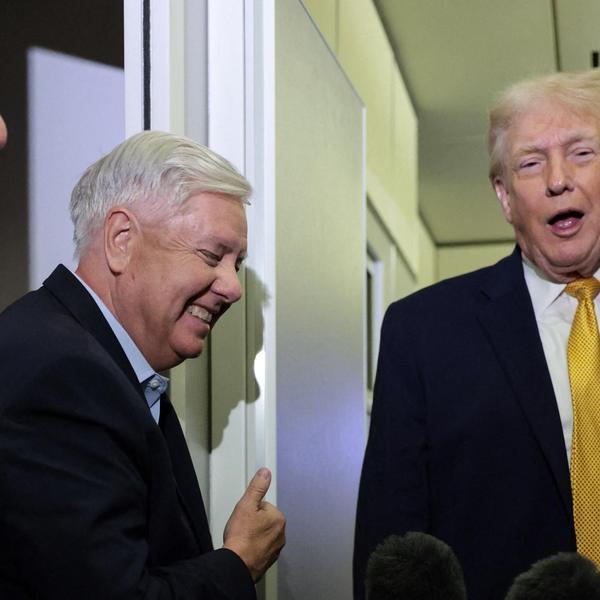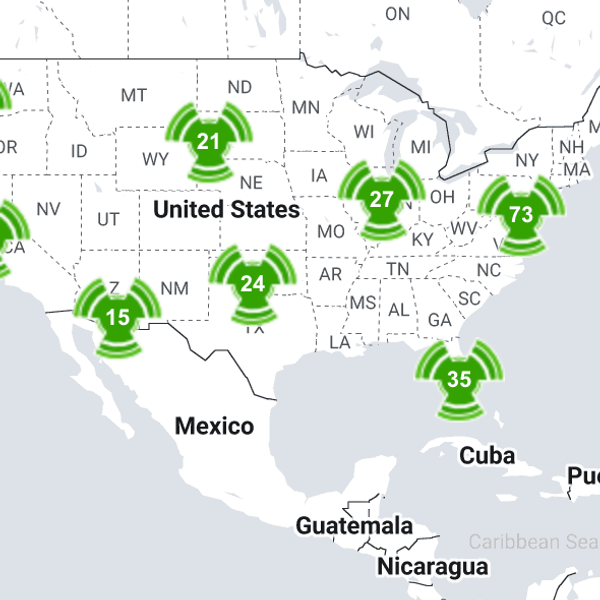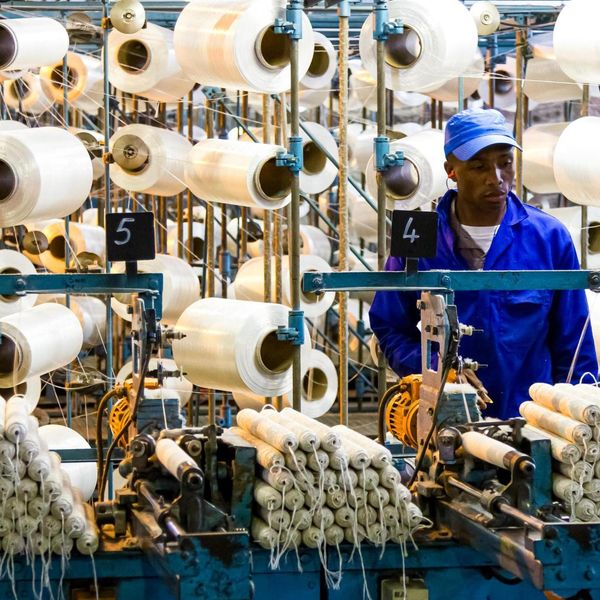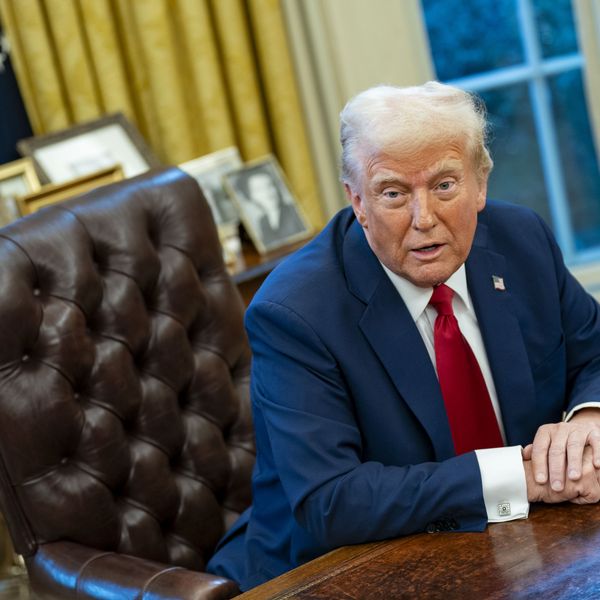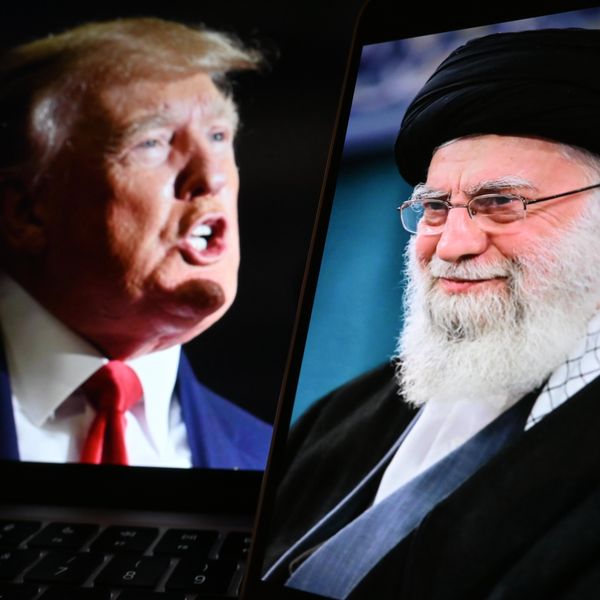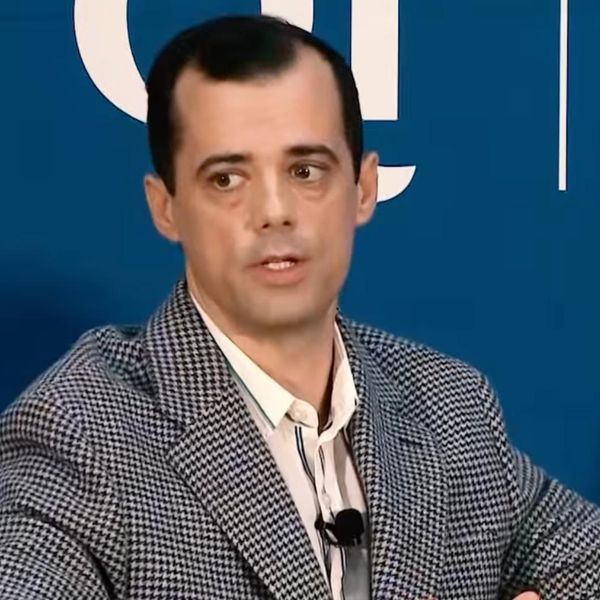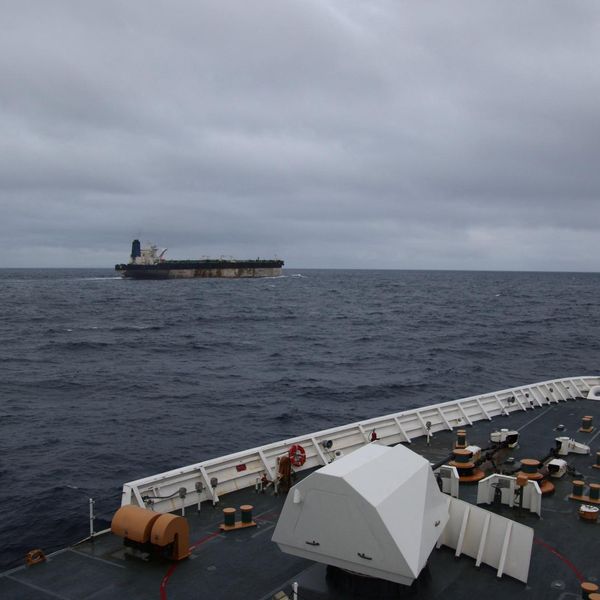Syria’s new government seeks greater recognition and legitimacy from Western and Arab states, making President Ahmed al-Sharaa’s April 13 visit to the United Arab Emirates (UAE) important to his war-torn and much-sanctioned country’s future.
After Saudi Arabia, the UAE became the second Gulf Arab state that Sharaa visited as president, illustrating how Damascus and Abu Dhabi both place much value on bilateral engagement despite significant distrust in the relationship.
While accompanying Sharaa in Abu Dhabi, Syria’s Foreign Minister Asaad Al-Shaibani expressed the new government’s hope to “strengthen fraternal ties and cooperation” between Syria and the Emirates. UAE President Mohammed bin Zayed, often known as MbZ, wished Sharaa success as Syria’s leader and committed Abu Dhabi to supporting Syria’s redevelopment, territorial integrity, and national unity.
Of all Gulf Cooperation Council (GCC) members, the UAE was most concerned about the implications of Assad’s fall last December. Abu Dhabi had played a central role in rehabilitating Assad’s regime from late 2018 until his ouster, which posed a major ideological and strategic challenge to the UAE’s leadership.
As a counterrevolutionary actor committed to a certain form of “authoritarian stability” and a status quo regional order, Abu Dhabi firmly opposes Islamist movements and causes, such as the Muslim Brotherhood, in the Arab world. This largely explains the UAE’s past support for Assad, along with anti-Muslim Brotherhood strongmen in Egypt, Libya, and Sudan.
When Sharaa’s Hayat Tahrir al-Sham (HTS)-led rebel coalition toppled the Ba’ath regime, Abu Dhabi was worried that other regional Islamist/jihadist groups would be newly inspired and that the new leadership in Damascus would try to export its ideology to other Arab countries, possibly including GCC states.
Nonetheless, by engaging the new Syrian authorities shortly after Assad’s regime fell and hosting Sharaa and Shaibani, the UAE is being pragmatic about Syria’s new reality. Abu Dhabi assesses that by minimizing friction with Syria’s new government, it can steer Damascus away from conduct that could threaten Emirati interests.
At the same time, Sharaa has his own interests in establishing a friendly relationship with the UAE. In desperate need of massive amounts of foreign investment for its reconstruction and development, Sharaa is in no position to turn down help from wealthy Arab states. And given the UAE’s record of sabotaging revolutions in other Arab countries — Emirati support for the 2013 coup in Egypt being a prime example — Sharaa realizes that giving Abu Dhabi a stake in his government’s survival will reduce the chances that the UAE will offer support to any warlord or strongman in Syria who might later challenge Sharaa’s rule.
After all, Sharaa’s grip on power is weak, and he wants to ensure that Abu Dhabi does not see such weakness as an opportunity to roll back HTS’s rapid ascendency through any UAE-backed coup or insurgency.
“The UAE has always been steadfast in its opposition to Islamist parties and especially to activism and revolutionary change in the region,” Merissa Khurma, a non-resident fellow at Rice University’s Baker Institute, told Responsible Statecraft. “Their footprint across the MENA region from Egypt to Sudan to Libya reinforces this policy. They are certainly taking a pragmatic approach in engaging Sharaa and are leaning in perhaps in response to Sharaa’s pragmatism.”
“Sharaa has also stated publicly that he and others are not interested in exporting the revolution elsewhere in the region — a step to reassure Arab leaders that most certainly had jitters when HTS toppled the Assad regime on December eighth" she added.
Sanctions
Washington’s Assad-era Caesar Act sanctions remain the main stumbling block to Syria’s reconstruction and development. With these derivative sanctions still strangling Syria’s economy, the UAE and other countries can’t invest in post-Assad Syria without risking their access to the U.S. market. The UAE, other GCC members, and Turkey have all called for lifting of U.S. and European sanctions on Syria.
Indeed, the UAE’s influence in Washington and European capitals offers one very good reason for Sharaa’s efforts to woo the UAE. MbZ has enjoyed a close relationship with President Donald Trump and other western leaders. Syria’s post-Ba’ath government wants Abu Dhabi to persuade the Trump administration to lift, or at least loosen, sanctions on Damascus.
“As a key regional player with considerable influence in both Washington, DC, and the EU, the UAE could serve as a critical geo-strategic partner to Syria's new government,” according to Mira Hussein, a fellow at the Alwaleed Centre at the University of Edinburgh.
“While Saudi Arabia remains an indispensable regional heavyweight and a key facilitator in Syria's reintegration into the Arab fold, the UAE's unique capacity to influence Western policy, particularly with regards to lifting sanctions, positions it as an ally to unlocking economic recovery and long-term stability in Syria,” she told RS.
Nonetheless, the Emirati scholar is not convinced that the UAE is willing to go to bat for post-Assad Syria in Washington due primarily to its lingering suspicions of Syria’s HTS-dominated government.
“While the UAE outwardly shares Syria's position on the desirability of lifting U.S. sanctions, it is unlikely to act as an outspoken advocate for such a shift in Washington, D.C., at this stage,” she said. “Abu Dhabi remains deeply cautious of political Islam in any form, and Syria's new leadership, though rebranded, bears ideological undertones that the UAE leadership has traditionally viewed with extreme suspicion and hostility.”
“Rather than signaling full political endorsement or readiness to leverage its influence in the U.S. on Syria's behalf, the UAE's engagement likely stems from more pragmatic concerns, chief among them is a desire to avoid being excluded in a rapidly evolving regional order shaped by the involvement of Turkey and Saudi Arabia,” Hussein added. “By maintaining a seat at the table, the UAE ensures it retains the ability to shape the future contours of Syria's re-integration and, more broadly, the regional balance of power.”
Qutaiba Idlbi, a senior fellow with the Atlantic Council's Rafik Hariri Center, sees Saudi Arabia, not the UAE, as the main Arab player supporting the Damascus government in Washington.
“Saudi is pushing to make sure Syria attends the World Bank Spring meetings in Washington and has been supporting Syria to get support through the World Bank,” he told RS.
Israel
Israel’s aggressive actions toward post-regime change Syria seriously dims the country’s prospects for restoring the country’s unity and stability. Mindful of the UAE’s normalized relationship with Israel, important security issues concerning Tel Aviv’s conduct were also relevant to Sunday’s visit.
Considering the UAE’s “productive security and political relations with the Israelis,” Abu Dhabi can play a “constructive” role in helping Damascus engage Tel Aviv in manners that decrease Israel’s footprint in Syria, according to Khurma. “No other country in the region can help deliver these messages to Israel than the UAE, whose diplomatic relations have continued with the Israelis despite pressures due to the brutal war in Gaza and rising tides of anger and anti-Israeli sentiments across the region,” she said.
However, Hussein does not believe that Abu Dhabi possesses sufficient leverage over Israel to prevent its encroachment into Syria. “While both the UAE and Israel may have opposing objectives regarding the post-Assad regime, albeit for different reasons, there is little indication that this issue would be broached with the UAE as a potential mediator. The notion that any Arab capital, including Abu Dhabi, could exert pressure on Israel in this regard appears highly implausible,” she explained.
Wider picture
Indeed, there remain challenges. Abu Dhabi’s concerns over HTS and its backing by rivals Turkey and Qatar could fuel serious problems in Syrian-Emirati relations down the road. Sharaa himself has so far acted shrewdly in avoiding alignment with any regional state or bloc that could alienate others.
In this sense, he is proving wiser than Assad, whose alignment with Iran alienated Saudi Arabia and other Sunni Arab states. By engaging all the major Arab states, Turkey, the EU, and Russia, Sharaa is avoiding making a similar mistake.
His visit to Abu Dhabi, noted Idlbi, was “in line with Damascus’s strategy of zero foreign policy problems.”
- HTS: Can these Islamists truly unify a post-Assad Syria? ›
- 'Syria for Syrians' is a lesson al-Sharaa can now use, or abuse ›
- Syria's new leader sheds terror past at UN | Responsible Statecraft ›

